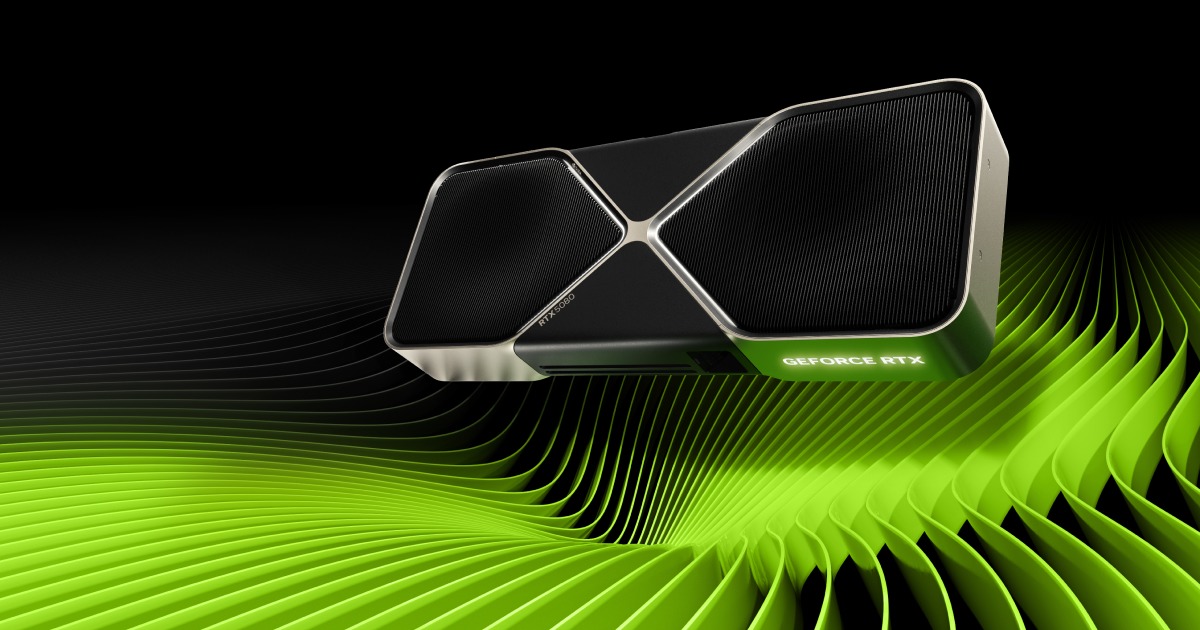
What Graphics Card Do I Need for Gaming?
Choosing the right graphics card (GPU) is crucial for a smooth gaming experience. The GPU handles rendering graphics and complex visual tasks, directly impacting your gaming performance. Let’s dive into what you need to consider when selecting a graphics card for gaming!
1. Understanding Your Gaming Needs
Types of Gaming 🎮
- Casual Gaming: Titles like Fortnite, Minecraft, or Stardew Valley don’t require high-end GPUs.
- Competitive Gaming: Games such as CS:GO, Valorant, or League of Legends benefit from high frame rates and low latency.
- AAA Titles: Cyberpunk 2077, Red Dead Redemption 2, and Call of Duty require powerful GPUs for high settings and resolutions.
Resolution and Refresh Rate 🖥️
- 1080p (Full HD): Most modern GPUs can handle this resolution for gaming.
- 1440p (QHD): Requires a more powerful GPU for high settings.
- 4K (Ultra HD): Demands high-end GPUs for playable frame rates, especially in AAA titles.
- Refresh Rate: Higher refresh rates (144Hz, 240Hz) require more powerful GPUs to take full advantage.
2. Graphics Card Tiers
Entry-Level Graphics Cards 🥉
- NVIDIA GeForce GTX 1650 / GTX 1660 Super
- AMD Radeon RX 6500 XT / RX 6600
Performance: Suitable for 1080p gaming at medium to high settings in most games.
Mid-Range Graphics Cards 🥈
- NVIDIA GeForce RTX 3060 / RTX 3060 Ti
- AMD Radeon RX 6700 XT
Performance: Great for 1080p gaming at high settings and 1440p gaming at medium settings. These cards support ray tracing and DLSS (NVIDIA).
High-End Graphics Cards 🥇
- NVIDIA GeForce RTX 3080 / RTX 3080 Ti
- AMD Radeon RX 6800 XT
Performance: Excellent for 1440p gaming at high settings and capable of 4K gaming at medium settings. They offer advanced features like ray tracing and variable rate shading.
Enthusiast Graphics Cards ⚡
- NVIDIA GeForce RTX 4090
- AMD Radeon RX 7900 XTX
Performance: Designed for 4K gaming at ultra settings with high frame rates. Ideal for VR and multi-monitor setups.
Latest Graphics Cards in 2024 🚀
- NVIDIA GeForce RTX 4060 Ti: A solid option for 1080p and entry-level 1440p gaming with efficient performance.
- AMD Radeon RX 7800 XT: Great for high refresh rate gaming at 1440p with competitive pricing.
- NVIDIA GeForce RTX 4070 Ti: Offers excellent performance for 1440p gaming and features advanced ray tracing capabilities.
- AMD Radeon RX 7900 XT: Competes strongly with NVIDIA’s offerings for high-end gaming experiences.
3. Budget Considerations 💰
Setting a Budget:
- Under $200: Look for entry-level GPUs (e.g., GTX 1650, RX 6500 XT).
- $200 – $400: Mid-range options like RTX 3060 or RX 6700 XT.
- $400 – $700: High-end GPUs such as RTX 3080 or RX 6800 XT.
- Over $700: Enthusiast GPUs like RTX 4090 for maximum performance.
4. Additional Considerations 🔍
a. Power Supply:
Ensure your power supply (PSU) can handle the GPU’s requirements. Check for the wattage and the necessary power connectors (6-pin, 8-pin).
b. Cooling:
Consider GPUs with efficient cooling solutions to maintain performance and longevity.
c. Compatibility:
Check your case size and ensure that the GPU fits. Also, verify that your motherboard supports the GPU (PCIe slots).
d. Ray Tracing and DLSS:
If you want to experience cutting-edge graphics in supported games, consider GPUs that support ray tracing and NVIDIA’s DLSS (Deep Learning Super Sampling) for better performance.
5. Recommendations by Resolution 🖥️
For 1080p Gaming:
- NVIDIA GeForce GTX 1660 Super
- AMD Radeon RX 6600
- NVIDIA GeForce RTX 4060 Ti
For 1440p Gaming:
- NVIDIA GeForce RTX 3060 Ti
- AMD Radeon RX 6700 XT
- AMD Radeon RX 7800 XT
- NVIDIA GeForce RTX 4070 Ti
For 4K Gaming:
- NVIDIA GeForce RTX 3080
- AMD Radeon RX 6800 XT
- NVIDIA GeForce RTX 4090
- AMD Radeon RX 7900 XT
Conclusion 🏁
Choosing the right graphics card depends on your gaming preferences, budget, and system compatibility. Whether you are a casual gamer or a hardcore enthusiast, selecting a GPU that meets your needs is crucial for an enjoyable gaming experience.
Tips & Notes:
- Check Benchmarks: Before purchasing, look at benchmark results for the games you plan to play.
- Future-Proofing: If you plan to upgrade in the future, consider a higher-tier GPU for longevity.
- Warranty & Support: Always check the warranty and customer support offered by the manufacturer.
























Post Comment